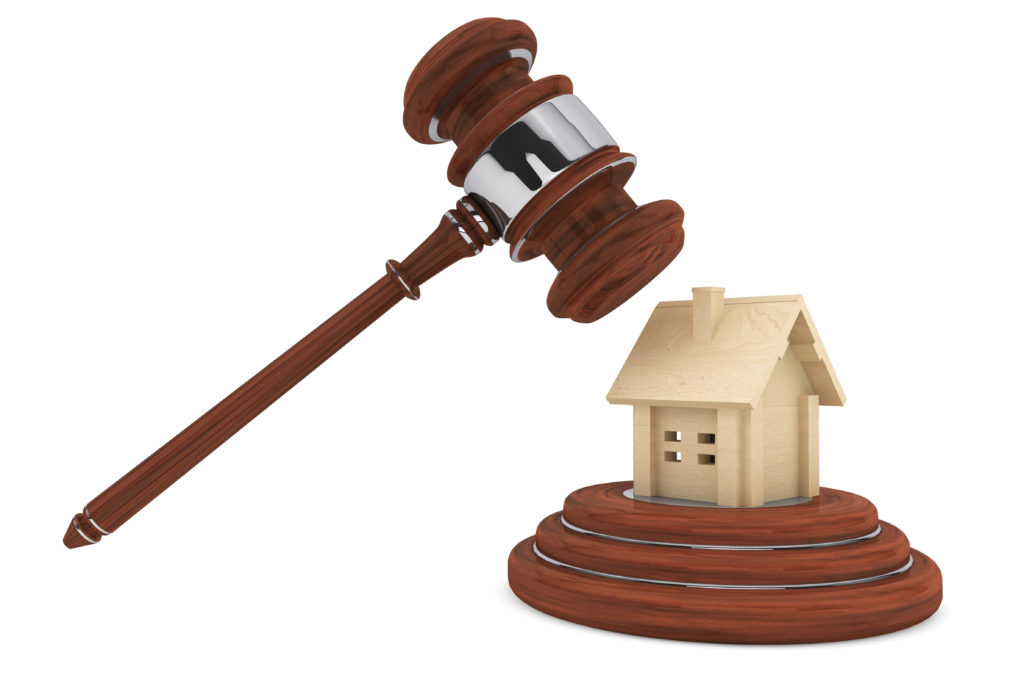Contact Us

Estate Planning
Law Offices
1609 Cravens Ave.
Torrance, CA 90501
How to Avoid Medi-Cal Estate Recovery
Medi-Cal laws and regulations are a complicated matter, and it can leave beneficiaries confused about their rights. Many people may have heard horror stories about the State making a claim on a deceased beneficiary’s home, and that thought alone could be enough to dissuade a person from using Medi-Cal as a long-term care option. However, if a Med-Cal beneficiary has the right set of advisors, the process of estate recovery can be avoided entirely. Let’s take a closer look at Medi-Cal recovery, what happens when a beneficiary passes away and figure out how to prevent any worst-case scenarios.

What Happens After I Die If I Received Medi-Cal Benefits?
A Medi-Cal beneficiary’s home is considered an exempt asset while they are alive, however, once the beneficiary passes away, the home becomes subject to the recovery process if the property is still in the former beneficiary’s name. If your home or any part of it is still in your name when you die, it is part of your “estate” and can be subject to an estate claim.
The State has the authority to make claims against the estate of a former beneficiary who received Medi-Cal at the age of 55 years or older or against those beneficiaries who (at any age) received Medi-Cal benefits in a nursing home unless the former beneficiary has a surviving spouse or minor, blind or disabled child.
How Much Can the State Recover?
The State is limited in the recovery process and can only retrieve the exact amount paid in Medi-Cal benefits or the value of the beneficiary’s estate (whichever is less). If a deceased beneficiary left an estate valued at $500,000 but only received $100,000 in Medi-Cal benefits, the State would not be entitled to the entire amount of the estate’s worth. On the opposite end, if a person received $500,000 in Medi-Cal benefits and left an estate of $100,000 the debt would be wiped clean with that amount.
How Do I Avoid the Estate Claim and Medi-Cal Recovery?
The best and only way to avoid an estate claim is by leaving nothing in the estate. A beneficiary’s home continues to be an exempt asset in the Medi-Cal qualification process, however, if the property is not transferred out of that person’s name before death, the property becomes subject to the recovery process by the State. The key is to transfer any property out of a beneficiary’s name while they are still living. Of course, any transfer of property will be subject to tax regulations and any person considering such an action should first consult with an experienced Medi-Cal planning attorney before making an irreversible decision.

Legal Options to Avoid Probate
The team at Elder Law Services of California specializes in providing our clients with many legal options to help avoid probate, tax issues, and estate claims. If you are dealing with the Medi-Cal planning process and would like to speak with an expert advisor, give us a call. Our Estate Planning Attorneys and their legal staff are ready to help meet your Medi-Cal Planning needs.
What is Medi-Cal Estate Recovery?
Can Medi-Cal take my home after I die?
What are some of the exceptions to having to pay Medi-Cal back?
The State of California is prohibited from the recovery of any Medi-Cal expenses used if there is a surviving spouse until the surviving spouse passes away.
Also, if there is a minor child under the age of 21 or a blind child, or a disabled child, then the State is prohibited from any Medi-Cal recovery.
If the Medi-Cal participant dies without any assets in his or her name, then Medi-Cal Recovery can not take place.
Can Medicaid put a lien on your house
Yes. The State of California can place a lien on any property that is determined to be part of your estate.
Do you have to pay back California Medicaid?
The Medi-Cal program is required to seek repayment from the estates of certain deceased Medi-Cal members.
The rules state that repayment only applies to the benefits received by members on or after their 55th birthday and who owned assets at the time of death.
The regulations are very specific, but generally speaking, if a deceased recipient of Medi-Cal benefits owns nothing on the day they die then nothing will be owed to the state. A Medi-Cal Planning Attorney can assist Medi-Cal recipients in protecting their estate from the Medi-Cal recovery laws.

Call For Your
Free Consultation
Call Elder Law Services of California today at
(800) 403-6078
to schedule a FREE Consultation with one of our expert lawyers.



